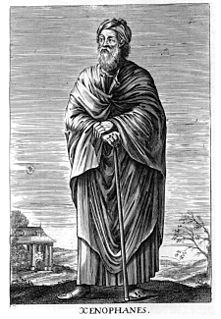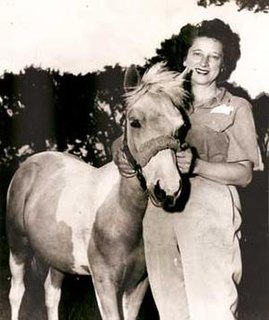A Quote by Elie Wiesel
If you read Exodus 15 carefully, it describes a storm at sea. This is the old Yahwistic source. In the retelling of the story in the later Priestly source, it is more miraculous: The water stands up on either side like a wall. There are walls of water standing up. As you move back in time, oddly enough, the story becomes more historical.
Related Quotes
The sea is the source of water and the source of wind; for neither would blasts of wind arise in the clouds and blow out from within them, except for the great sea, nor would the streams of rivers nor the rain-water in the sky exist but for the sea ; but the great sea is the begetter of clouds and winds and rivers.
Archetypes resemble the beds of rivers: dried up because the water has deserted them, though it may return at any time. An archetype is something like an old watercourse along which the water of life flowed for a time, digging a deep channel for itself. The longer it flowed the deeper the channel, and the more likely it is that sooner or later the water will return.
It's hard to tell if anyone's interested in reading a serialized story. But it's interesting to put in a cliffhanger each week. That was popular in old comic strips. They'd write a weekend story different from the daily strip. So people follow one story day to day, and a separate story on weekends. If you read them, you think "I'll read two more." Then you're like "I gotta find out!" And you read 500 more.
Today you have a situation where now the prescription is: People who don?t have enough money to buy food should end up paying for their drinking water. That is going to be the kind of situation in which you will get more child labor. You will get more exploitation of women. You?re going to get an absolutely exploitative economy as the very basis of living becomes a source of capital accumulation and corporate growth. In fact, the chief of Coca-Cola in India said: ?Our biggest market in India comes from the fact that there is no drinking water left. People will have to buy Coca-Cola.
If you take a glass of water and separate it from its source - the ocean - then pour the water away from its source and ask it to sustain life, it flitters away. It just evaporates. It can't sustain life. That's a metaphor for us when we separate ourselves from our source and believe that God is separate from us.






































